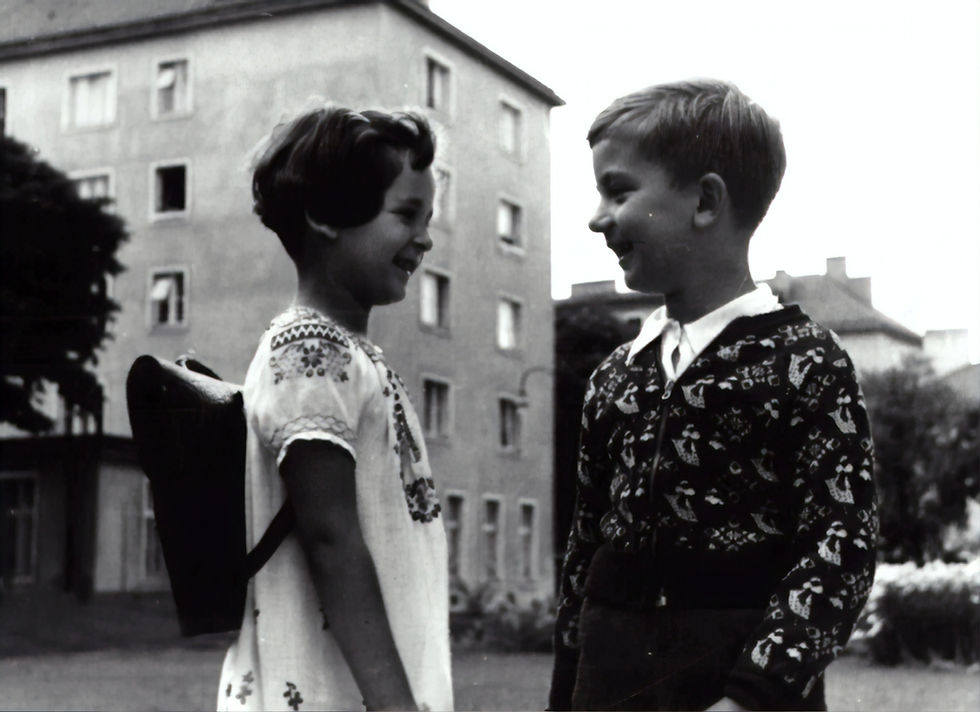Growth Mindset vs Fixed Mindset
- Julien Morizio

- Jun 1, 2023
- 2 min read

Two students received a failing grade on their math test.
Jimmy saw his work covered in red ink and thought to himself, "I'm dumb... I'm not passing math this year."
Samantha saw the extensive corrections from the teacher on hers and thought to herself, "Whoa that's not good. Guess I'll have to work harder do better on the next one."
On the following test, Samantha received a significantly better grade while Jimmy did even more poorly than before. Is Samantha smarter than Jimmy? Not necessarily. The difference is that Samantha recognizes that her competence in math is a function of the effort she puts into developing that competence.
Seeing failure as an opportunity to learn is a mental attitude that Carol Dweck calls the growth mindset. Those with this mindset understand the following:
"Your basic qualities are things you can cultivate through your efforts. Although people may differ in every which way - in their initial talents and aptitudes, interests, or temperaments - everyone can change and grow through application and experience.” (2006, p. 7)
Therefore, no matter what grades students receive, those with a growth mindset know they can always improve. They do not let setbacks and challenges keep them from doing so. As a result, regardless of the cards they are dealt, these students develop grit, self-confidence, and yes, intelligence.
On the flip side, there is the fixed mindset - the belief that we are born with or without a certain amount of talent. Either we are smart, or we are not. The unfortunate part of school is that grades can help students cultivate this mindset. If students get good grades, then that means that they are smart. If not, they must not be. Of course all students hope to be smart. They therefore focus on getting that good grade and do what they can to get it without necessarily mastering the subject. It turns out you can do very well in a course without truly learning its matter. The unfortunate result is that these students avoid challenges altogether as they entail potential for failure - they might expose them as not smart. Students with a fixed mindset therefore either give up, or persist without being equipped for the unavoidable challenges that might occur later on in life.
Between stimulus and response there is a space. In that space is our power to choose our response. In our response lies our growth and our freedom. - Viktor Frankl, Holocaust survivor and author of Man's Search for Meaning
Grades are a part of assessment and that will always be present in life. Students therefore need to be reminded that intelligence is not predetermined, and that their individual efforts are the driving factor of their success.
Source:
Dweck, C. S. (2006). Mindset: The new psychology of success. Random House Incorporated.



Comments